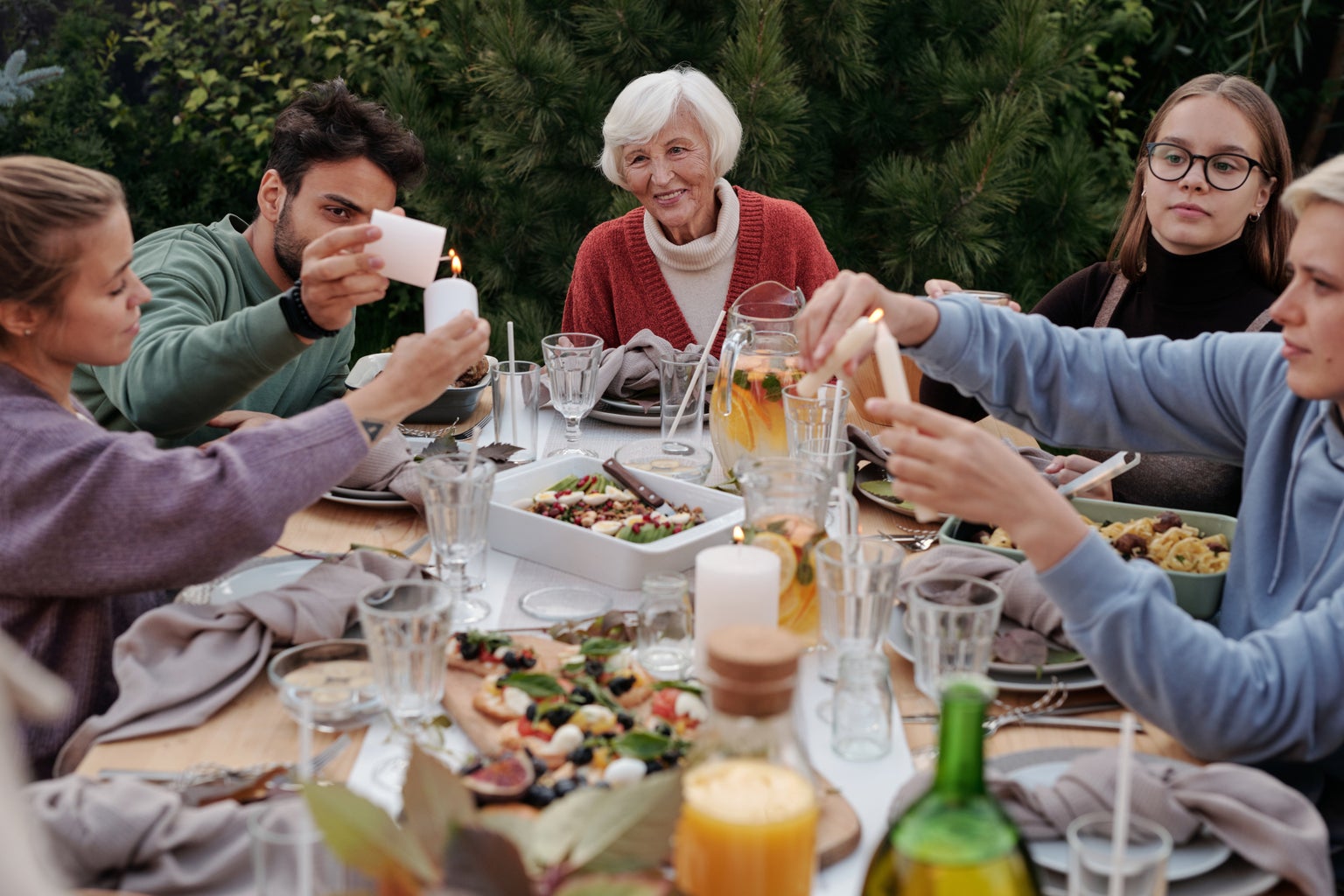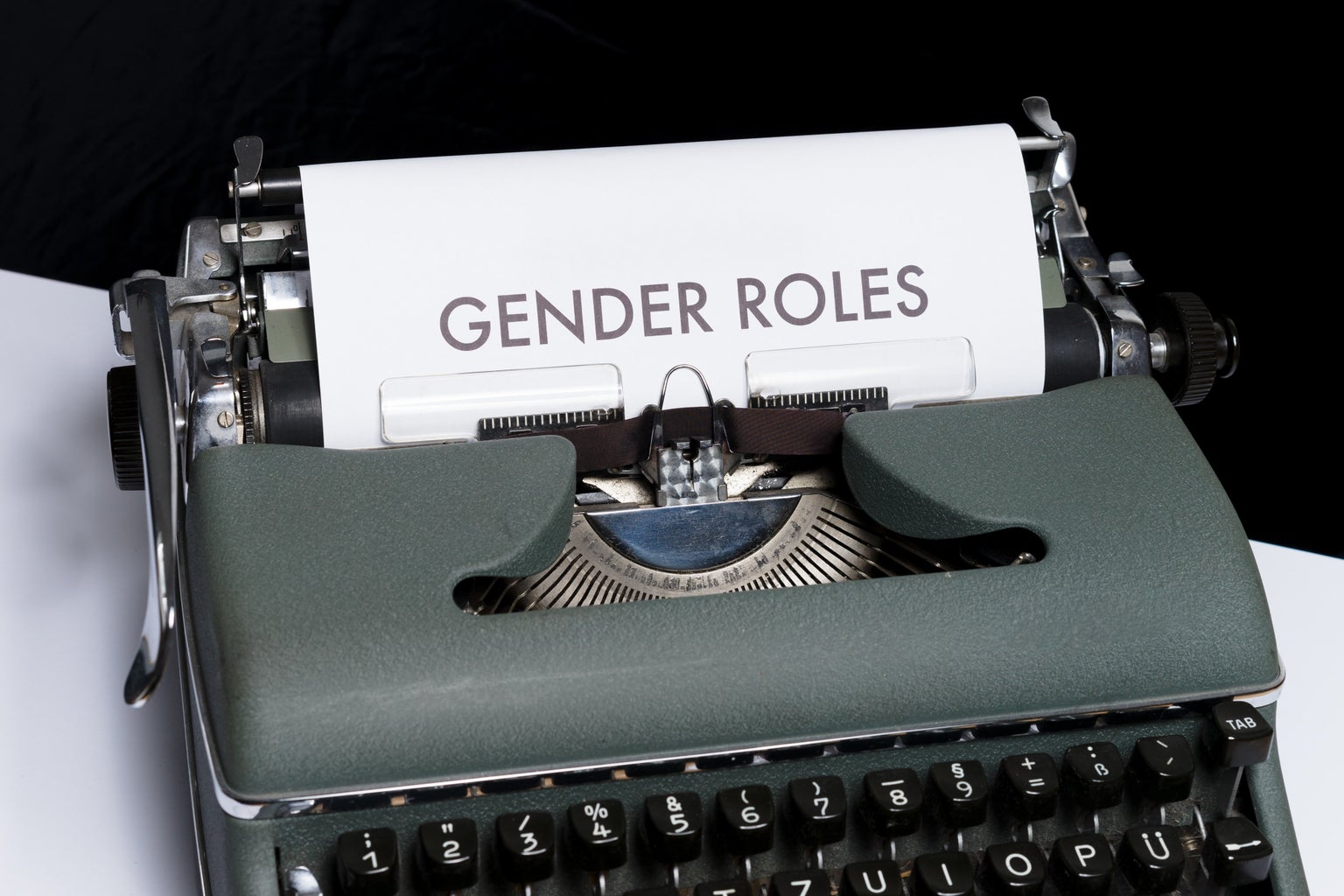It would be difficult to deny that society values the physical upkeep of youthfulness. Staying young forever, living forever, freezing yourself for all of eternity –– the concept of defying age and time is one that has people, regardless of socio-economic status, in a chokehold. With countless commercial products advertised as hiding physical signs of age –– like lotions that swear only 2 years of daily application will get rid of crow’s feet temporarily, in the right lighting, and of course, after extensive layers of makeup. Cosmetic surgeries for appearing younger are ever-popular and only advancing in their complexities, giving the aging generations more insecurities to be worried about.
It is not uncommon for celebrities to make headlines for looking “nothing like their age,” yet it becomes difficult to find a consensus for what a 20, 30, 40 year old is “supposed” to look like. No matter the age, an adult looking younger than their age is typically covered in positive light and connotation, the exception being if the youthfulness is too extreme, which is a rare case altogether. Generally, however, actors the age of 30 have made headlines for appearing “youthful,” indicating that they are of the age where youth is no longer associated with their number. This makes sense when 30 is often seen as the age where many people become “proper” adults, settling down for a spouse, home, and usually a stable occupation.
When considering how the current life expectancy for the US in 2021 is about 78.99 years according to the UN, 30 is still quite a young age, below the midpoint of the average lifespan; yet the stigma of being “old” after crossing the 3 digit remains strong.
However, there are yet even more nuances to age: gender. When looking closely at articles praising the “youthfulness” of public figures, there appear to be two main categories of approaching the complementary nature of the report: aging like fine wine, and looking as though one has not aged at all. Typically, aging like fine wine is strongly associated with masculine appearances, with the term “silver fox.” Appearing young and not looking like they have aged at all is typically tied to feminine phenomena and compliments. There is no female equivalent term for “silver fox,” which brings into question how society perceives males and females in the aging process –– men are praised for aging gracefully, while women are praised for appearing to not have aged at all.
This is not to say that the terminology mentioned is strictly used for males and females only, but simply an observation that there is an overwhelming bias for language that praises women for “staying” youthful, while language for men includes praise for aging “well.” The distinction between the two creates an implicit suggestion that women physically showing signs of aging are less accepted than men who show signs of aging. It could be inferred that while men and women regardless of sex are praised for looking youthful, there is more positive coverage of masculine figures aging, with less for female coverage in the media.




